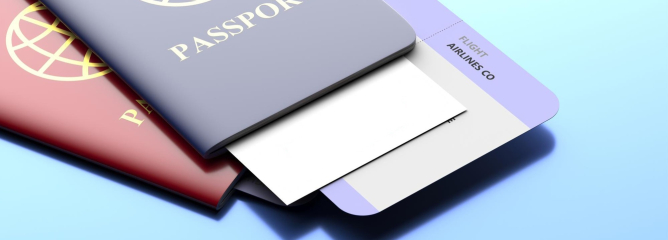
Papua New Guinea (Independent State of Papua New) is a country located in the northeast of Australia in the South Pacific Ocean. In the west it borders with Indonesia. In the south it is washed by the Coral Sea, in the north by the Bismarck Sea, in the east by the Solomon and New Guinea seas.
The capital is Port Moresby.
The form of government is parliamentary democracy. A country has a constitution that sets out the principles and structure of government. According to this constitution, power in the country is distributed between the executive, legislative and judicial branches of government. The head of state is the British monarch, represented by the Governor-General, and the executive branch is controlled by the Prime Minister, who is elected by Parliament.
Papua New Guinea has a varied climate, which can vary depending on the region. General climate characteristics include high humidity and high temperatures throughout the year. In the northern regions of the country, closer to the equator, an equatorial climate prevails with high humidity and high temperatures all year round. The southern regions of Papua New Guinea have a transitional climate, influenced by the seasonal monsoon. The winter (May to October) is dominated by the dry season, while the summer (November to April) is the wet season with heavy rainfall. High altitude areas such as the Queen Victoria Mountains have a cold climate with low temperatures.
The population is about 9,000,000 people. Although some sources claim that part of the population has not been counted, and the total number is approaching 17,000,000 people.
The official language is English. However, there is a huge variety of local languages in the country. Papua New Guinea is known for its richness of language groups and dialects. Locals may speak local languages such as Tok Pisin, Khok Mea and many others, depending on their ethnicity and region of residence. In total, 839 different languages and dialects are spoken in the country.
The country's economy is largely dependent on key sectors such as natural resource extraction such as oil, gas, metals and timber, which play an important role in the economy. The export of these resources generates significant income. Agriculture is also of great importance, especially for the local population. Agricultural products include crops, livestock and fisheries. Export of timber and related products is also an important part of the economy.
The standard of living in Papua New Guinea varies. In cities, the standard of living is much higher than in rural areas. There are difficulties in accessing education, healthcare and other services.
The medical system is at a fairly low level, especially in remote areas. Papua New Guinea faces many challenges in its health system, including the fight against infectious diseases and poor access to basic health care.
The education system includes primary, secondary and higher education. However, access to education varies in different parts of the country and the quality of education varies.
Some areas of the country have problems with crime and safety.
There is no program for obtaining citizenship by investment, as well as the right to obtain citizenship at the place of birth in the country for non-residents. The main way to obtain it is through naturalization.
